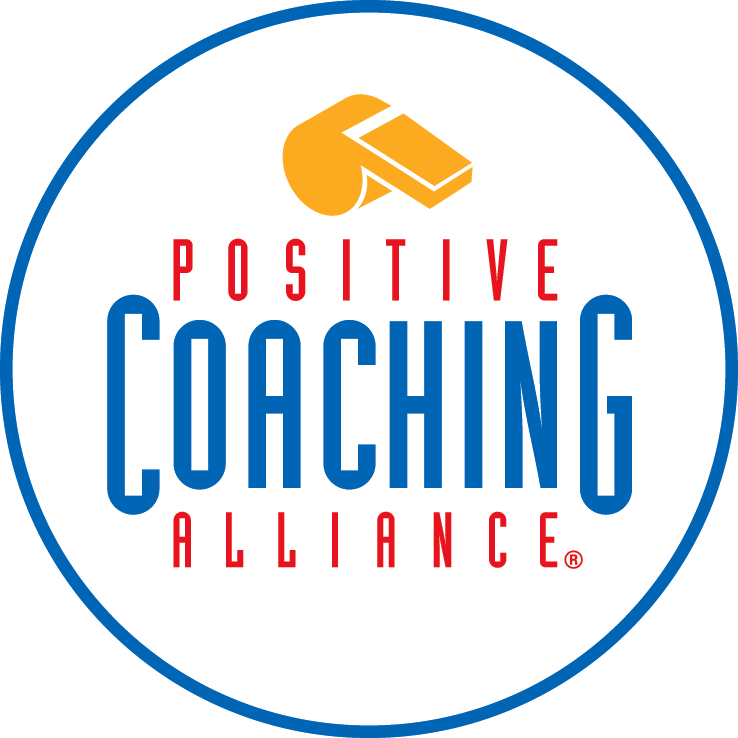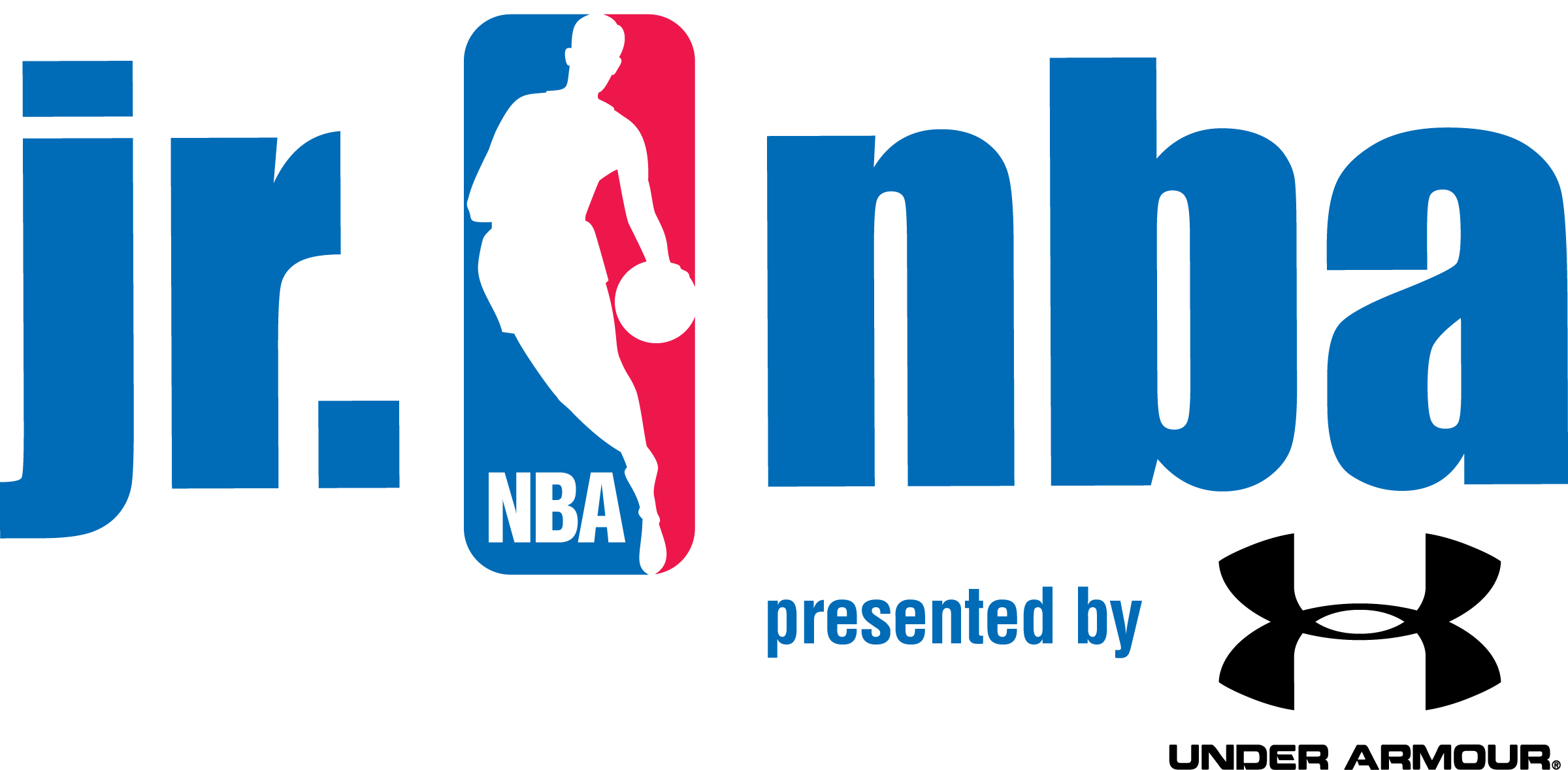
Basketball on the Edge – 100 Point Goal List
As our kids get older drawing them into a conversation gets more difficult. How was school? “Fine.” How did practice go? “Ok.” What did you learn in math class today? “ Nothing.” If you have kids that are over the age of 8 you know exactly what I am talking about. Getting them to open up can be a challenge. I am always looking for meaningful ways to engage my own kids in conversation. I’d like to share a great tool with all of our basketball parents for stimulating conversation both before, during, and after the season.
What are your young player’s goals for this upcoming basketball season? As their parent what are your goals for their season? Is this something that you have sat down and talked with your child about? Are you planning to have this type of conversation prior to the season? The 100 Point Goal Setting Tool created by Liberty Mutual Insurance’s Play Positive Program and the Positive Coaching Alliance will help you and your young player set and then evaluate their goals for the upcoming season.
Click here to download the 100 Point Goal Setting Tool.
You and your child will complete the 100 Point Goal Setting Tool separately and then sit down together to look at the results. Each of you must assign points to a variety of goals that will total 100 when you are finished. You may be surprised at the differences between your answers and those of your young player. Use this as the first opportunity to engage your child in conversation. Talk about why they allocated the points the way they did. Ask them why the goals they chose to emphasize with more points are important to them. Look for ways to dig deeper into their answers to impart meaningful life lessons. “How can you bounce back from a loss and learn from defeat?” “How do you feel when you win/lose? “ “What can you do to make friends with your teammates?” “How can you build confidence in basketball, in school, in anything?” These are just a few questions you might ask your young player to get them thinking and talking about their experiences in the game of basketball.
Next, look to nail down more specific goals related to their season. If they are looking to have fun or make friends how can that be turned into a goal that can be measured? What life lessons can be learned from the goals your child has identified as being important to them? Coaches will probably be involved in setting specific goals related to their on-court performance, but as a parent you can encourage your child to think of how their goals impact their life outside of the game as well.
As the season begins, you and your young player can return to their goals periodically to help them stay focused on pursuing, and ultimately achieving, the goals they have set for themselves for the season. As you encourage your child to achieve these goals, you will need to offer your support even when things don’t work out perfectly. “That was a tough loss, but remember you are the kind of person who bounces back quickly and learns from their mistakes. Keeping that attitude and working hard in practice will help you continue on the path to reaching your goals.”
At the end of the season pull out the 100 Point Goal List Tool Sheet and review the season. This is a great way to help your child see that the success of the season can be based on something other than the team’s won-loss record. Remind your young player that they achieved most of the goals that they set for themselves. They improved their skills and became a better player, they became friends with a teammate, they had fun during the season. Celebrate their success. Talk about how their efforts during the season helped them achieve their goals. If they didn’t reach one of their goals discuss where they fell short and why. Did they put enough effort into that goal or was it something out of their control (like winning on the scoreboard).
Helping your young player experience and navigate a wide range of emotions as they pursue their goals is among the most important things you will do as a parent. By keeping the lines of communication open with your child throughout the process from the initial goal-setting discussion to the season ending wrap-up of goal-achieving (or not), you will be using the youth basketball experience to teach your young player important life lessons.
Leave us a comment about this post headstartbasketball@usa.net


